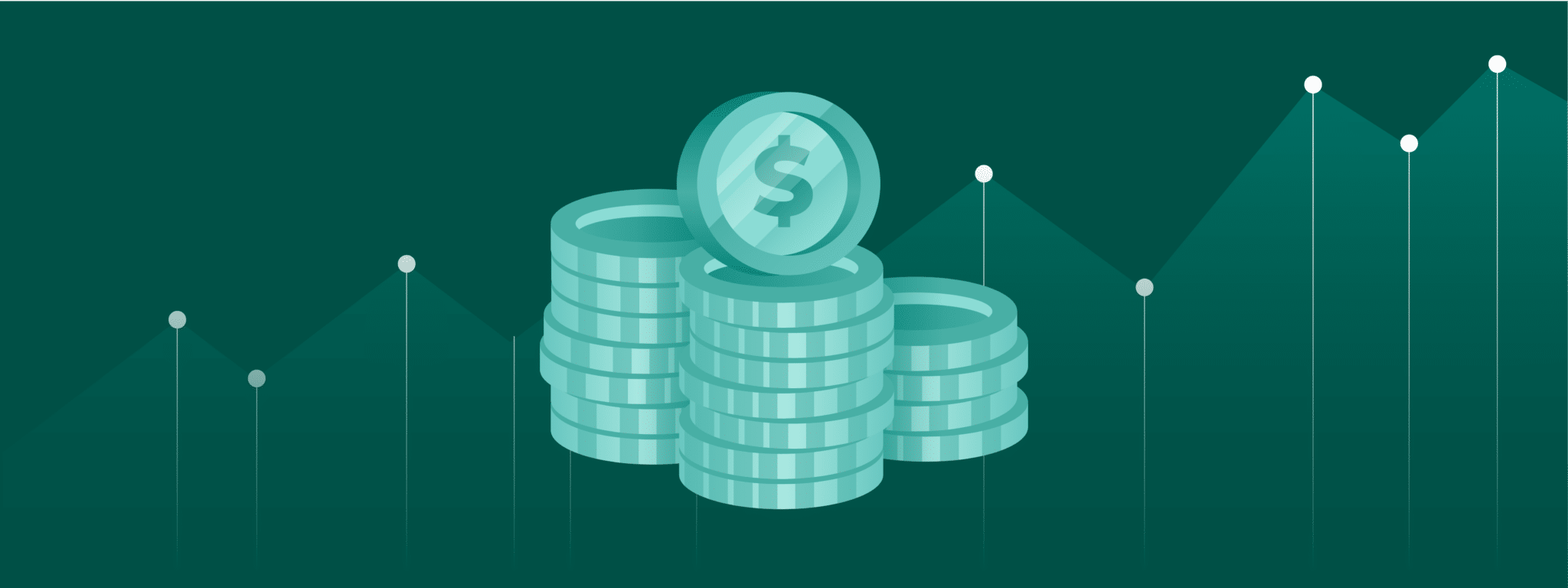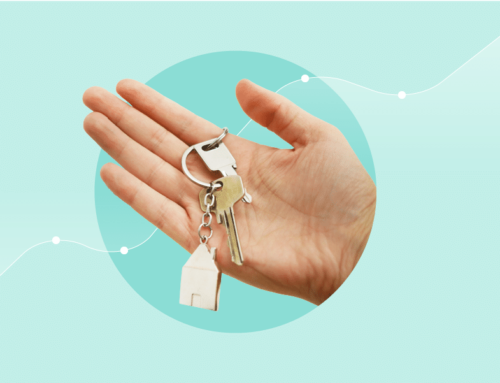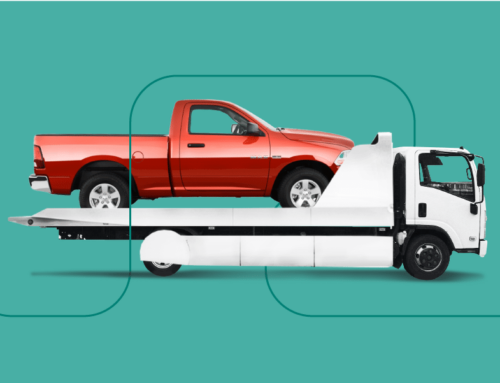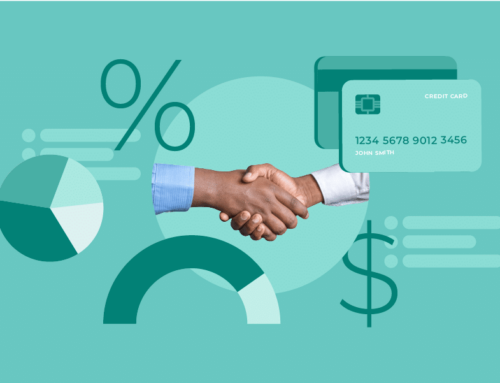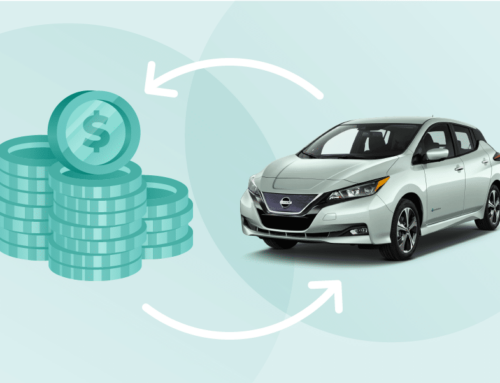As adults, we all have complicated relationships with money. Yes, it covers our daily needs, creates new opportunities, and allows us to experience many of life’s treasures. But our finances go through ebbs and flows. And at times, it can cause a lot of stress, worry, and fear.
While these feelings are normal, they aren’t exactly enjoyable. Luckily, there’s something you can do to reduce money-related stress: implement better money habits.
Six Money Management Tips
To get you started, here are six money management tips you can apply to your life right away.
1. Track your spending
Better money habits start with spending awareness. To get an accurate picture of your spending, it’s important to note down all your expenses:
- Fixed expenses: These stay the same (or similar) from month to month. Most fixed expenses are essential for daily living. Examples are rent, mortgage, cell phone, cable, internet, utilities, fixed loan payments, etc.
- Variable expenses: These are recurrent but can change from month to month. Some are essential for daily living, while others are disposable and may be reduced. Examples are gas, groceries, meals out, entertainment, etc.
- Occasional expenses: These expenses are irregular and may be expected or unexpected. Examples of expected occasional expenses are birthday gifts, holiday gifts, insurance, clothing, vacations, etc.
2. Create a balanced budget
If you’ve completed our first money management tip, then you’ve already done half the work to complete this second tip: create a balanced budget.
A balanced budget is a spending plan in which your expenses are less than or equal to your income.
To start, add up your total income (employment, government benefits, investments, bonuses, etc.). Then, subtract your total spending (all those expenses you identified above).
Do you have a positive or negative number? If your balance is negative, you spend more than you earn monthly. Ideally, you should operate in a surplus. Not to worry though! Simply go back to our first money management tip, revisit your spending, and look for ways to cut back and increase your balance.
3. Establish good credit habits
Our third money management tip is to establish good credit habits. Even if you have no plans to make a big purchase, move, or get a credit card, you should start building up your credit score now—it’s not something that can be changed overnight!
Let’s start with the basics: what’s a credit score? A credit score is a three-digit number that represents your creditworthiness. You can find out what a good credit score is in Canada here.
- Using credit cards for payments: As long as you can pay it off, using your credit card instead of cash or debit can help you establish a long credit history. A long and healthy credit history is important for your credit score.
- Paying your bills on time every month: Your credit score will take a big hit if you miss your payments or deliver them late. If you’re forgetful, consider automating your recurring expenses!
- Spending within your limits: To have a good credit score, you need to use credit. However, you shouldn’t get too close or exceed your limits. In fact, according to Canada’s Financial Consumer Agency (FCA), you should only spend 35% of your credit card limit.
If you have a poor credit score or debt, you may want to consider using a credit improvement tool. All you have to do is pay small monthly payments on time, and it’ll report your progress to credit agencies!
4. Pay off debt efficiently
Debt is a source of stress for many—especially if you have multiple loans or they have high interest rates. But this fourth money management tip can help: pay off your debt efficiently.
What does that mean?
- Focus on paying off debts with the highest interest rates first
- Keep up with required payments (like monthly minimums) on all your debts
Once you’ve paid off your debts with the high interest rates, you can focus on your other debts. With that said, if you’re dealing with many other financial priorities, we understand this can be easier said than done. Another underrated money management tip is to get help! With a tool like MyMarble, you can get personalized guidance on how to budget and pay off your debt faster!
- Invest in your future
While many people tell us to live in the moment, it’s hard not to worry about our future. Our sixth money management tip is to invest in your future now, so you can take on whatever life throws you!
First, this means creating an emergency fund. There are many unexpected expenses we face in our lifetime: car repairs, home repairs, medical bills, parking tickets, and more. You may come across them tomorrow—or years from now. By making consistent payments toward your emergency fund each month, you’ll be better prepared when these expenses occur.
We also recommend setting up and contributing to your RRSP so you can enter retirement stress-free. If your company does RRSP matching, take advantage! In a matching program, the employer matches your contribution dollar for dollar—which is the perfect motivator for prioritizing your retirement savings.
- Create financial goals
The best way to put these money management tips into practice and build better money habits is to create financial goals.
Whether it’s to pay off debt, boost your credit score, make a large purchase, or increase your savings, it’s essential to write it down and make a detailed plan to achieve it!
Let’s say you want to save money. Write down how much money you want to save and a deadline. Then, work backward: see how much you’ll need to contribute each month and revisit your budget to ensure it’s feasible.
Want More Money Management Tips?
When it comes to your finances, knowledge is power! Take a look at these two blogs for more tips and advice on boosting your financial fitness:
Or, enroll in MyMarble Learn for free access to financial literacy courses!


